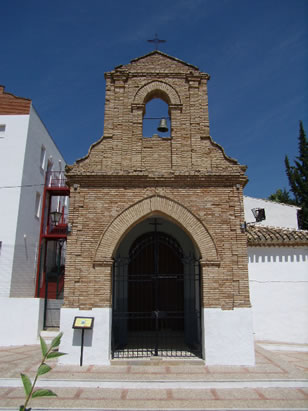
Hermitage of the Holy Christ of Calvary
The hermitage was built in 1730 on top of a hill populated with olive trees. In this place was the last station of a Way of the Cross that started from the parish church and distributed its 13 stations around
Portada » Know our History » What to visit? » Castilian Period

The hermitage was built in 1730 on top of a hill populated with olive trees. In this place was the last station of a Way of the Cross that started from the parish church and distributed its 13 stations around
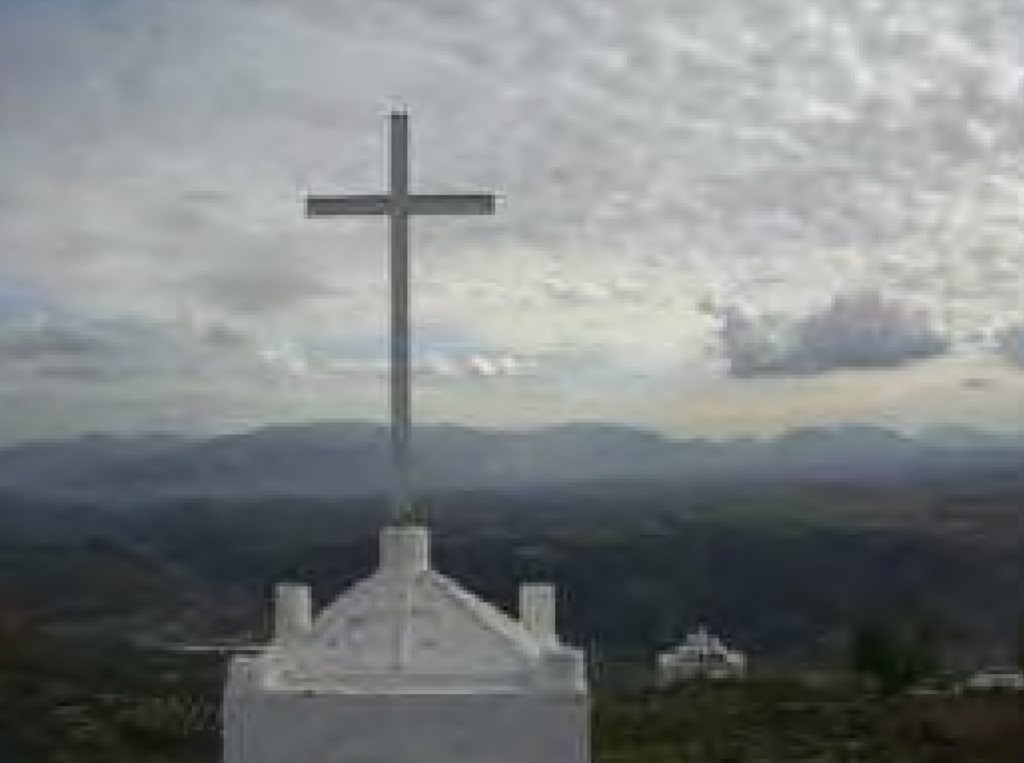
The religious past of Algarinejo is once again evident in the reflection of the crosses or rural altars. These small constructions, which most of the time are nothing more than small rooms of 1m2 with a cross or some saint
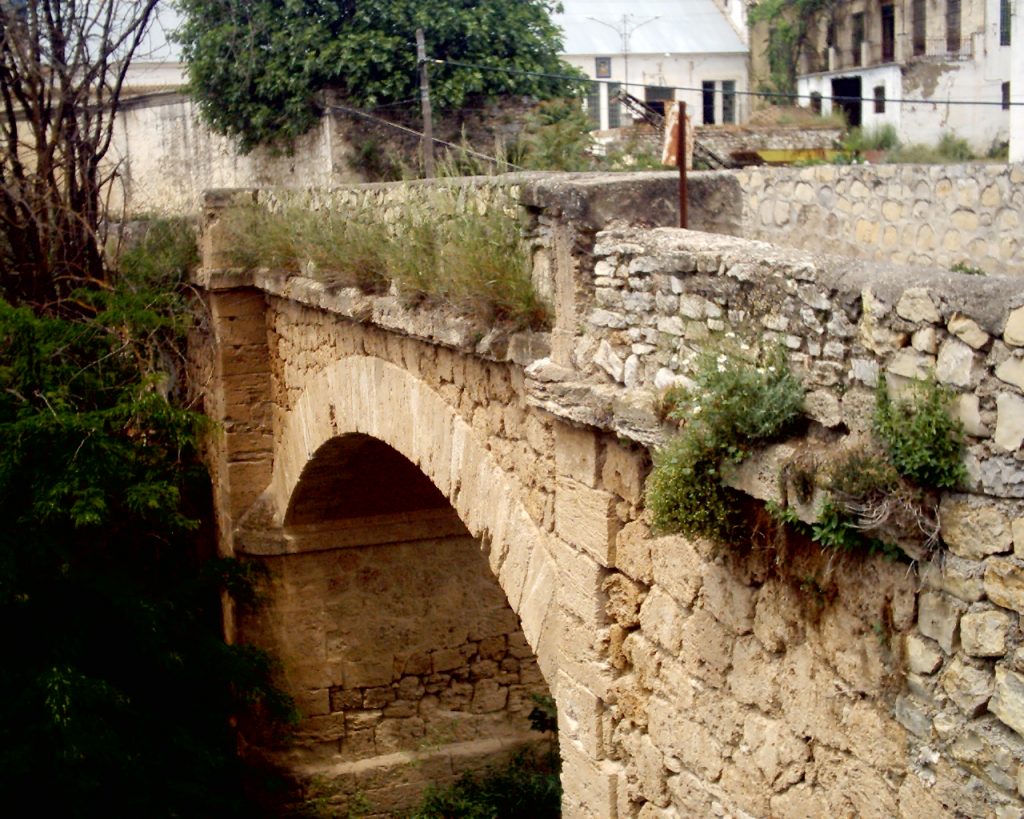
Access bridge to Algarinejo, over the Arroyo de los Morales, in the lower part of the urban area of Algarinejo. Built in the 17th century with stonework joined with mortar, it has three eyes, the central one being the largest

The Castilian neighborhood of Algarinejo was built with the arrival of the new settlers, between the 16th and 18th centuries, following a more rational pattern, with wide, grid-like streets arranged around a central square. Next to the typical farmhouses, there

In the western area of the municipality is the farmhouse of La Gancha, which has one of the last waterwheels-well moved by animals that exist in the province of Granada. Currently, the wheel has been restored and valued to observe

With the baroque, new ways of seeing religion would emerge, with greater theatricality and movement. It is at this time when the processions and the liturgical around the way of the cross begin. In Algarinejo different altars were installed in

This building is located on Professor Felipe Sánchez street. It preserves remains of original walls, as well as a belfry from the 16th-18th centuries. In the patio of the old building, in neoclassical style, there is a clock tower that
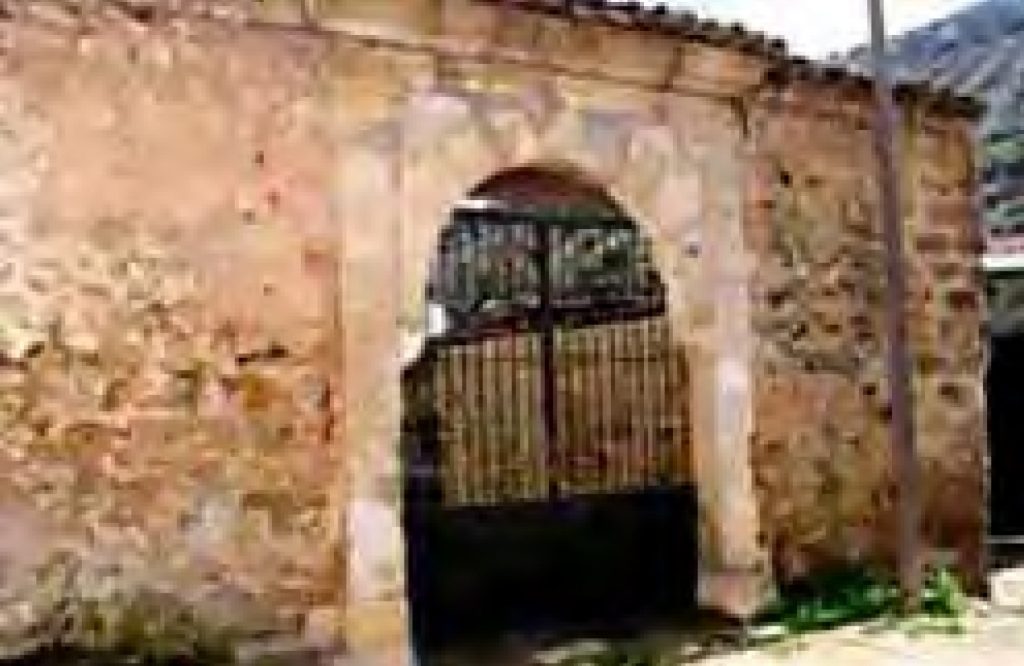
Building from the 16th-17th centuries, located in the old part of the town, and today belonging to the Church. At first it served as a cloth factory, but later it was used for liquor distillery and wine production. It should
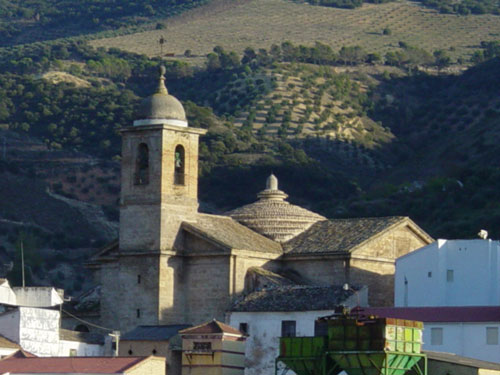
It is the most important monument of the town. It was erected in 1779, in a pure neoclassical style, by the architect Ventura Rodríguez -which links it to the temples of Santa Fe and Vélez de Benaudalla-, and paid for